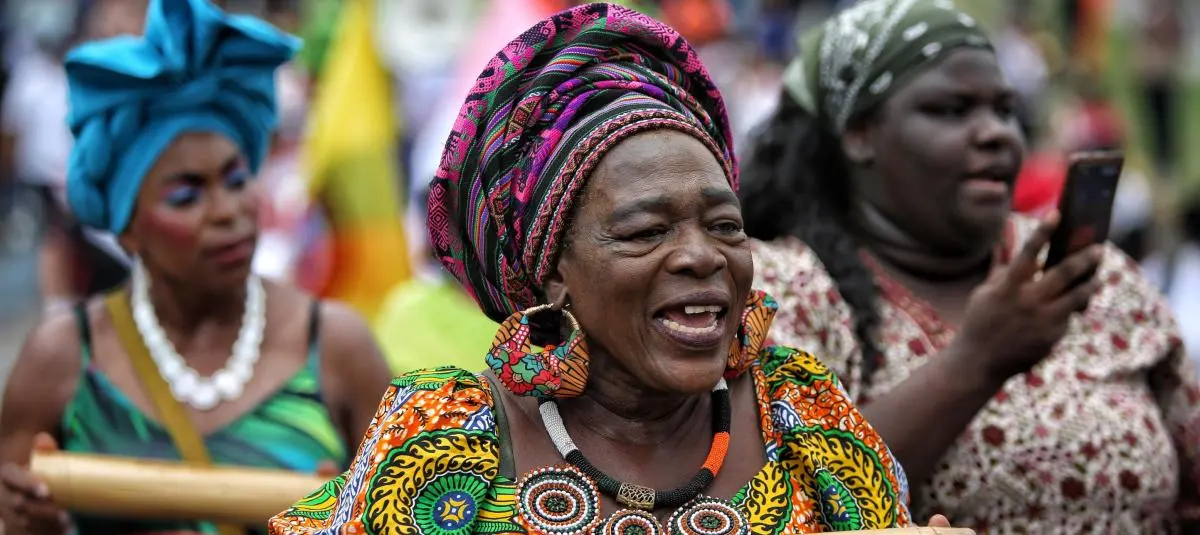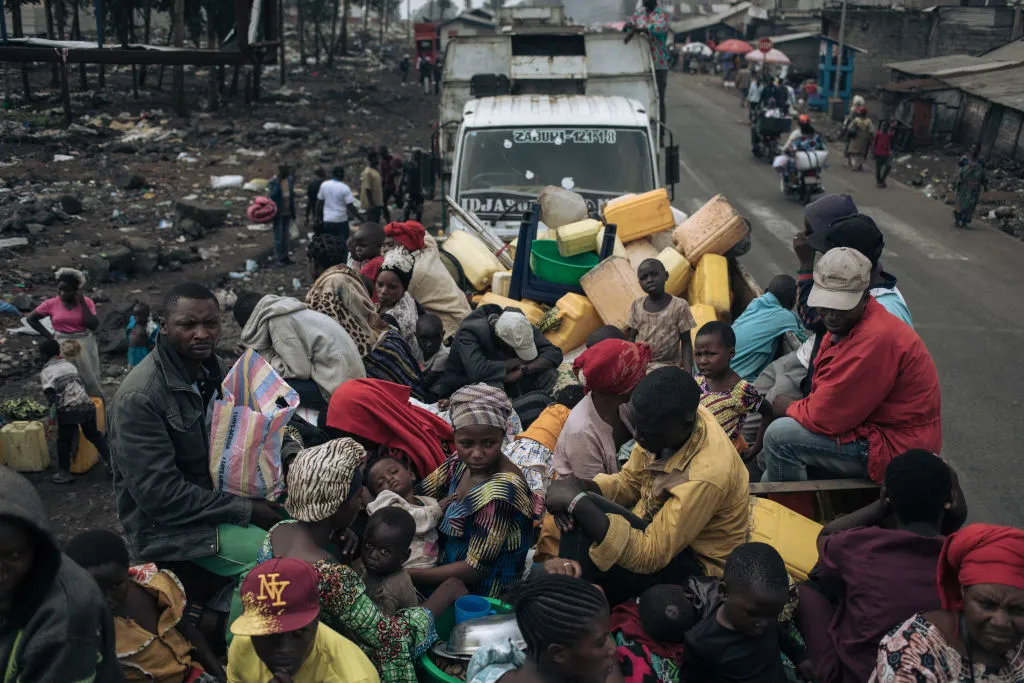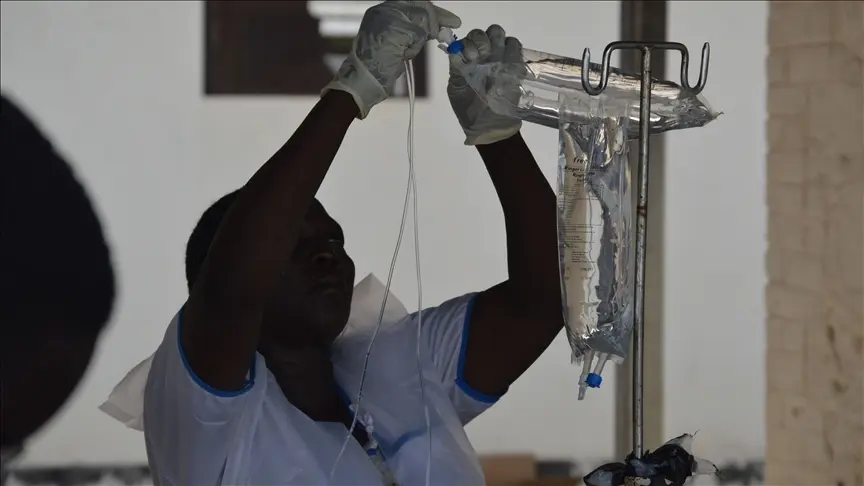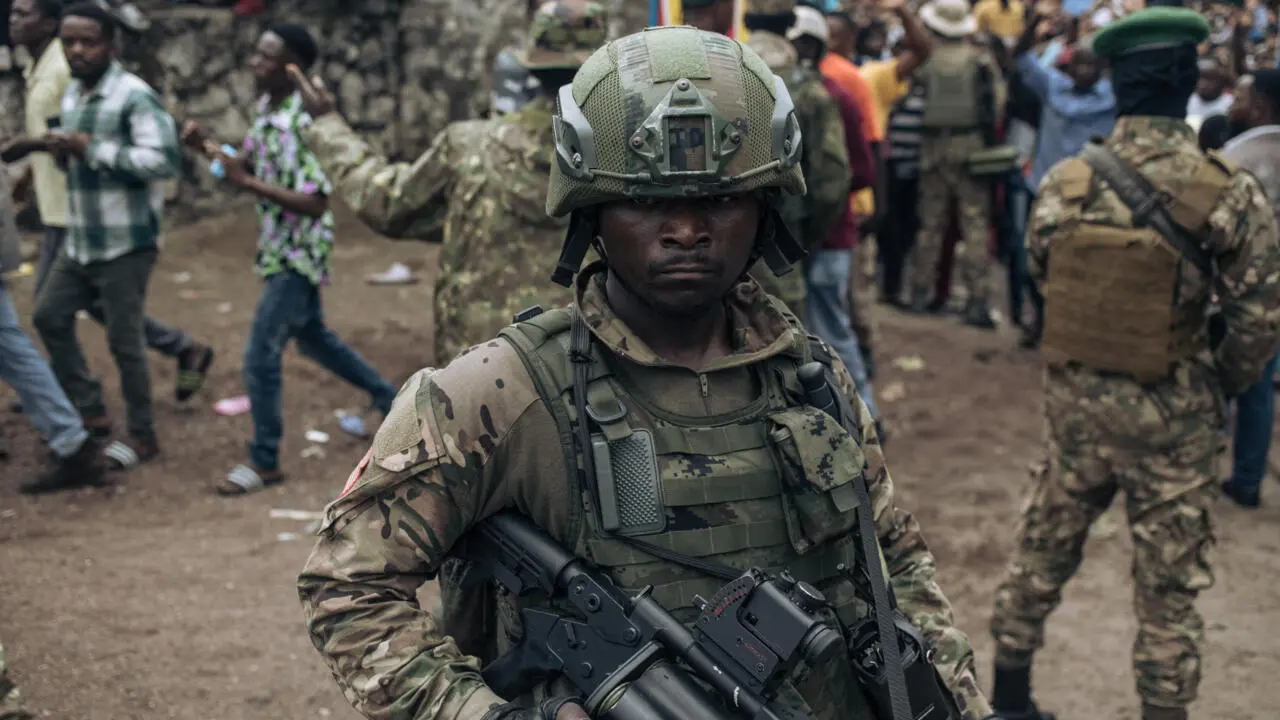Cholera Surges in Sudan as War-Hit Capital Sees 1,000 New Cases Daily
Sudan’s capital is facing a deadly cholera surge amid war and collapse.
Over 1,000 new cases are reported daily in Khartoum as families return to destroyed homes, without clean water or functioning hospitals. Cholera is spreading fast—and the world is barely watching.

Displaced families in Khartoum collect water amid widespread shortages and a cholera outbreak now infecting over 1,000 people daily. Photo: @StandWithSudan
June 8, 2025 Hour: 4:33 am
Years of war, displacement, and collapsing infrastructure have triggered a deadly health crisis in Sudan, with cholera cases spiking across the capital.
RELATED:
Ivory Coast Confirms Cholera Outbreak as Officials Warn of Rapid Spread
A rapidly escalating cholera outbreak is sweeping through Sudan’s war-ravaged capital, Khartoum, where over 1,000 new cases are being reported daily. The outbreak is unfolding amid a broader humanitarian catastrophe triggered by the civil war that erupted in April 2023.
Most of the infections are concentrated in Khartoum and its neighboring city, Omdurman. However, cases have also been confirmed in North Kordofan, Sennar, Gazira, White Nile, and Nile River states, health officials report.
The return of some 34,000 displaced people to Khartoum—recaptured by the Sudanese Armed Forces in March—has raised fears of faster transmission. Many of them have found their homes destroyed and access to clean water nearly nonexistent.
“The lack of clean water, hygiene, and health care is driving the outbreak,” said Nicolas Jean, head of Doctors Without Borders’ Sudan mission. Cholera is typically spread through contaminated water or food, and can kill within hours if untreated.
According to UNICEF, attacks on power infrastructure have worsened the country’s water crisis, and much of Sudan’s sanitation system is no longer functional.
Health System in Collapse
More than 80% of hospitals are out of service, and those that remain are facing critical shortages of electricity, water, and basic medicines, said Dr. Sayed Mohamed Abdullah of the Sudanese Doctors Union.
In overcrowded displacement centers, isolating infected individuals is nearly impossible, increasing the risk of widespread contagion.
The World Health Organization (WHO) describes cholera as a “disease of poverty,” which thrives in contexts of inequality, poor sanitation, and armed conflict. Though preventable and treatable, it remains deadly in places where public health systems have collapsed.
Global Vaccine Supply Running Low
The WHO’s global stockpile of oral cholera vaccines has dropped below the 5 million-dose minimum, threatening efforts to contain this and other outbreaks worldwide. Cholera cases have been rising globally since 2021, fueled by poverty, war, and extreme climate events, according to the United Nations.
Sudan’s ongoing civil war—fought between the military and the paramilitary Rapid Support Forces—has killed at least 24,000 people, with actual figures likely much higher. Over 14 million people have been displaced, and more than 4 million have fled to neighboring countries.
Famine has been declared in five regions, especially in Darfur, where humanitarian access is severely restricted. As cholera spreads and health services collapse, aid organizations warn that Sudan is facing one of the most underreported and devastating public health crises in the world today.
Author: MK
Source: africanews






